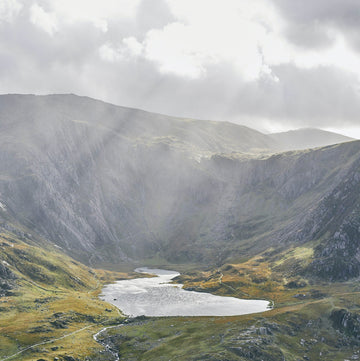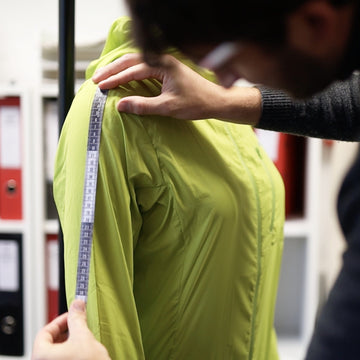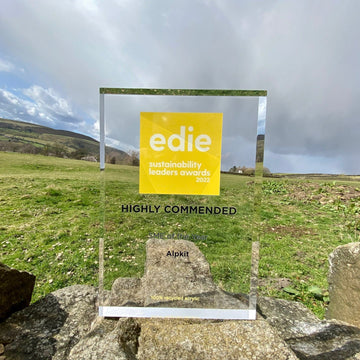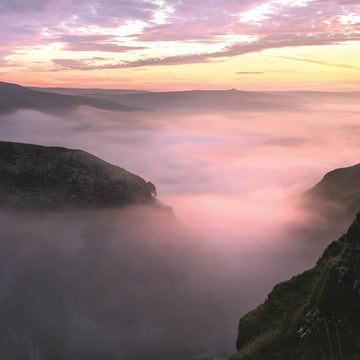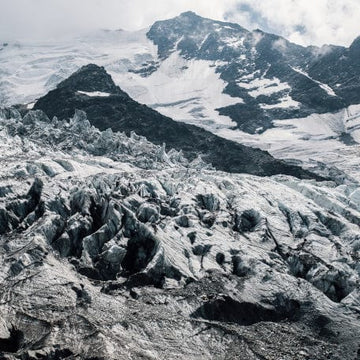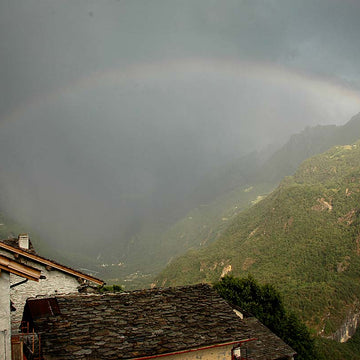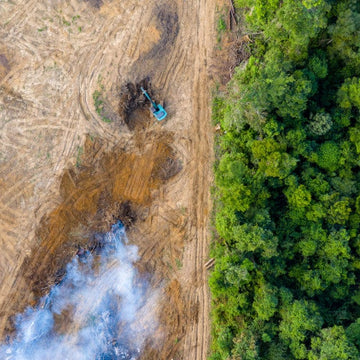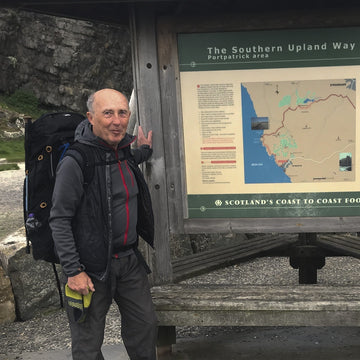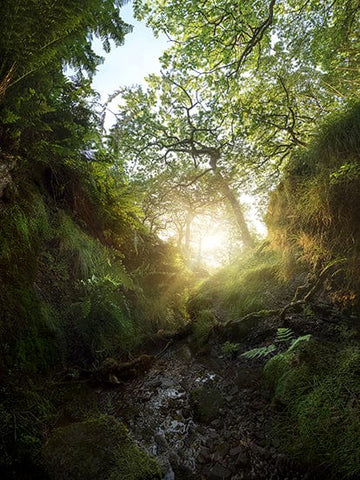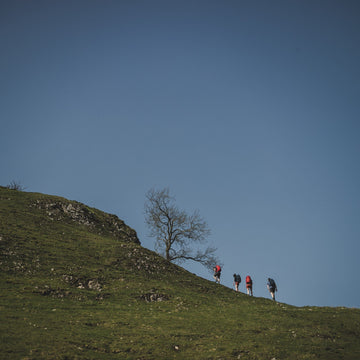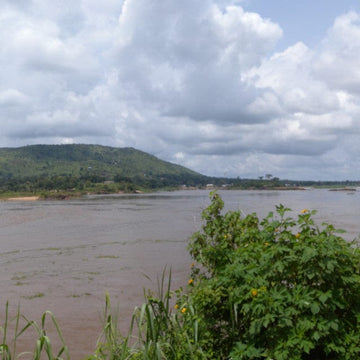Climate Change Consortium of Wales: Addressing environmental challenges.
Bethan Davies attends a climate change conference in Aberystwyth
C3W Conference 27th-28th April 2011, Aberystwyth
Last week, in between the two long weekends, I attended and presented a poster at the latest C3W conference in Aberystwyth. C3W is a £4 million initiative financed by the Welsh Assembly Government, funding collaborative climate change research for Aberystwyth, Bangor, Cardiff and Swansea universities. It aims to change the climate science profile of Wales. More information can be found at climatechangewales.ac.uk.
This research review and workshop brought together not only scientists from the four universities, but also Professor John Harries, Chief Scientific Advisor to the Welsh Assembly Government and Jane Davidson of INSPIRE and the Welsh Assembly Government. There were many presentations along the four themes of C3W: Earth system modeling, welsh dimensions of climate change, sea level change, and hazard evaluation and risk.
I gave a presentation in the sea-level change session, entitled “Variable glacier response to atmospheric warming 1988-2009”. This research is very new and as yet unpublished. Using satellite imagery, we investigated glacier response to ice-shelf collapse. The Prince Gustav Ice Shelf, which used to connect James Ross Island to the Antarctic Peninsula, collapsed dramatically in 1995. Following this, glaciers accelerated and thinned, with dramatic frontal retreat. However, we found that within 10 years, this retreat stabilised. Now all glaciers in the region, marine and land-terminating, former ice-shelf feeding and not, are suffering similar rates of retreat, probably due to the recent strong warming the northern Antarctic Peninsula has suffered over the last 50 years.
Some of the most interesting presentations, for me, focused on public attitudes to climate change. Professor Nick Pidgeon, of Cardiff University, gave a particularly interesting presentation, in which he demonstrated that public concern over climate change has decreased since 2005. The main reasons for this are probably increased distrust in politicians, who have taken further interest in climate change. He also discussed public perceptions to climate change in relation to flooding; those who have experienced flooding, even though one particular flood cannot be related to climate change, were more likely to believe that climate change was a significant and real problem that was likely to directly impact their lives. Dr Lorraine Whitmarsh, also of Cardiff University, demonstrated that public scepticism towards climate change was influenced by editorials in the media, but that people evaluated the reliability of the editorials depending on their pre-existing beliefs.
Dr Duncan Quincey, of Aberystwyth University, gave an excellent lecture on climatically-induced hazards in the Himalaya, highlighting the importance of retreating and advancing glaciers to local communities. Himalayan glaciers are not only an important water source, but retreating glaciers can leave behind large moraine-dammed lakes. If there is a glacier ice or rockfall into the lake, the resulting pressure wave can overtop the moraine, resulting in its destabilisation and a large outburst flood, which can eradicate roads, villages and farmland.







